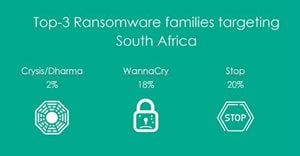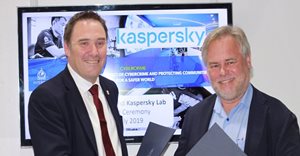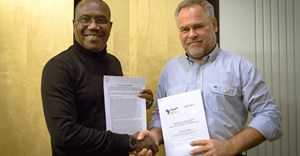CeBIT 2012: Eugene Kaspersky calls for international cyber-security organisation
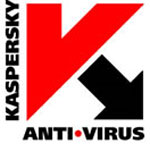
The cases of Stuxnet (2010) and Duqu (2011) highlight the technical sophistication of military-grade software able to damage large industrial installations and more. It also provides a jolt to any complacency over Internet security: both Stuxnet and Duqu were only found by accident, after they had already been operating for some time.
The discovery of the Stuxnet worm in 2010 prompted a degree of panic around the world, with several nations equating the use of cyber-weapons with more conventional acts of warfare involving bullets and bombs. In 2011, almost the entire world's major nations showed that they were increasingly prepared to develop and use their own cyber-arsenals. All this testifies that we are at the dawn of a new era of cyber-warfare.
World faces systematic threats
Speaking at CeBIT 2012 in Hanover, Germany, yesterday Eugene Kaspersky, chairman and CEO of Kaspersky Lab, addressed the systemic threats which the world faces today in the light of IT developments. He gave examples of the most serious recent malware incidents and shared his vision of how to protect the Internet and its users from cyber-weapons.
Kaspersky believes that the best solution would be to create an International Cyber-Security Organisation (ICSO), which would act as an independent global platform for international cooperation and treaties on non-usage of cyber-weapons, and cyber-security regulations for critical infrastructures. ICSO would also be responsible for investigating incidents and combating cyber-terrorism.
"An International Cyber-Security Organisation will not eliminate cyber-weapons completely, but it will greatly improve the current situation. The most vulnerable parties (i.e. developed countries with high Internet usage) will benefit from the existence of the organisation most, and should be the first to support it," said Kaspersky.
Source: Kaspersky Lab
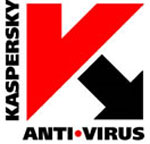
Kaspersky Lab is reputed to be the largest antivirus company in Europe. It delivers some of the world’s most immediate protection against IT security threats, including viruses, spyware, crimeware, hackers, phishing, and spam. The company is ranked among the world’s top four vendors of security solutions for endpoint users. Kaspersky Lab products are designed to provide superior detection rates and one of the industry’s fastest outbreak response times for home users, SMBs, large enterprises and the mobile computing environment. Kaspersky technology is also used worldwide inside the products and services of the industry’s leading IT security solution providers.
Go to: http://www.kaspersky.com
